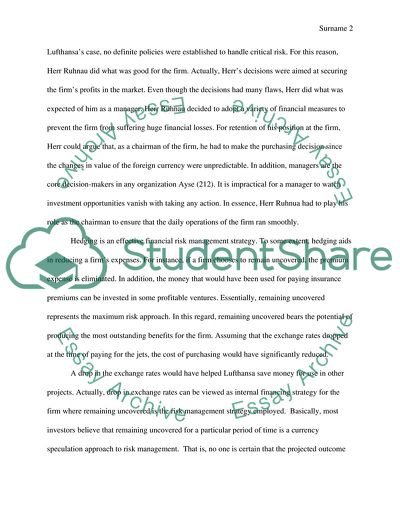Cite this document
(International financial management Essay Example | Topics and Well Written Essays - 2000 words - 3, n.d.)
International financial management Essay Example | Topics and Well Written Essays - 2000 words - 3. https://studentshare.org/finance-accounting/1868690-international-financial-management
International financial management Essay Example | Topics and Well Written Essays - 2000 words - 3. https://studentshare.org/finance-accounting/1868690-international-financial-management
(International Financial Management Essay Example | Topics and Well Written Essays - 2000 Words - 3)
International Financial Management Essay Example | Topics and Well Written Essays - 2000 Words - 3. https://studentshare.org/finance-accounting/1868690-international-financial-management.
International Financial Management Essay Example | Topics and Well Written Essays - 2000 Words - 3. https://studentshare.org/finance-accounting/1868690-international-financial-management.
“International Financial Management Essay Example | Topics and Well Written Essays - 2000 Words - 3”. https://studentshare.org/finance-accounting/1868690-international-financial-management.


